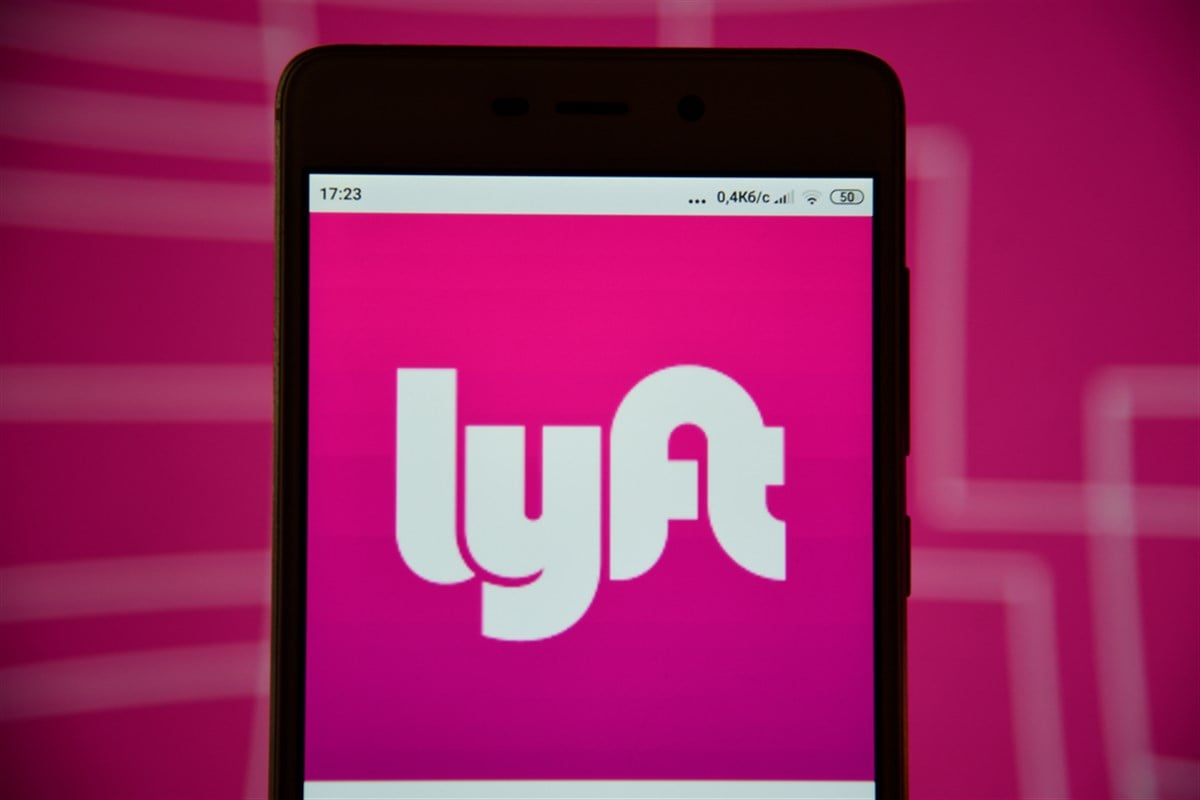
How fitting that Lyft Inc. (NASDAQ:LYFT) CFO Erin Brewer took part in a fireside chat at this month’s Barclays Global Technology Conference. The company’s financials — and stock performance — have been ‘en fuego.’
Shares of the San Francisco-based ridesharing innovator have doubled off their 2023 low thanks to an improving demand environment. Further boosted by the market’s increased appetite for growth-oriented tech stocks, Lyft has surged 70% since November 1st. Still trading miles away from $80 pre-pandemic IPO levels though, the $15 mid-cap’s journey may have only just begun.
The breakout from an almost yearlong sideways pattern follows Lyft’s consensus-topping third quarter report. Revenue jumped 10% year-over-year to $1.16 billion as the number of active riders grew by the same percentage to 22.3 million. Although revenue per active rider was down slightly to $51.67, the increased consumer interest in cashless ride hailing services helped profits soar 121% from the same period a year ago. Wall Street expected just 36% earnings growth.
Lyft’s convincing beat shows that Americans continue to brush aside inflation and interest rate pressures to enjoy travel hotspots and local destinations like restaurants and bars. It also shows that the company’s aggressive workforce reductions are having a positive effect on operating costs.
Often questioned for not offering food delivery and for not expanding outside the U.S. market, Lyft is proving that its simple, domestic business model can flourish. While rival Uber, which joined the S&P 500 on Monday, enjoys a similarly strong run, Lyft is more than holding its own.
What is Lyft’s growth outlook?
In conjunction with the Q3 report, Lyft management forecast that fourth quarter revenue will grow around 5% sequentially. This equates to a little over $1.2 billion in revenue and just 4% year-over-year growth. It is an estimate that may be too conservative for a few reasons: 1) Lyft has exceeded revenue expectations in six of the last eight quarters; 2) Q4 captures the holiday season, which has historically been the company’s strongest; and 3) given the current leisure travel boom, Lyft should benefit greatly from travelers zipping around U.S. airports during the early winter months.
Lyft’s longer term outlook looks pretty good too. That’s because the size of the global ridesharing market is projected to grow 133% between 2022 and 2028. While much of the growth will take place outside of the U.S., domestic ridesharing demand could be robust for years to come — especially in a deflationary, falling rate environment. And while Lyft will miss out on potentially explosive growth in China and other emerging markets, a maturing U.S. market could push the company to expand overseas.
It’s also important to remember that Lyft is indirectly involved in the food delivery space. Through a partnership with Grubhub, $9.99 per month Lyft Pink subscribers get access to a premium Grubhub+ service that includes unlimited $0 delivery on orders of $12 or more. This is in addition to priority airport pickup, 15% ride discounts and three free bike or scooter rides each month.
Is Lyft stock undervalued?
Based on the latest consensus estimate, Lyft is expected to deliver earnings per share (EPS) of $0.58 next year. This gives the stock a forward price-to-earnings (P/E) ratio of 27x. Main competitor Uber is trading at 53x next year’s earnings. Although Uber deserves a higher valuation due to its food delivery dominance and expanding international presence, a P/E that’s twice that of Lyft seems excessive — and makes Lyft stock seem undervalued.
Lyft also looks inexpensive from a price-to-sales (P/S) perspective at 1.4x. Uber trades at 3.6x trailing 12 months revenue. Although not an apples-to-apples comparison, passenger ground transportation stocks like Avis Budget and Hertz Global are much cheaper in terms of both P/E and P/S ratios but have inferior growth prospects.
Despite Lyft’s strong third quarter performance, Wall Street research firms have been reluctant to concede defeat. Wanting to see evidence of sustainable profit growth, most have neutral ratings on the stock. Tigress Financial, which reiterated a buy rating with a $22.00 price target this month, is the most bullish exception.
As Lyft climbs to its highest level in 10 months, 2024 could be a pivotal year for the momentum name. Analysts may not be coming on board, but riders are.
